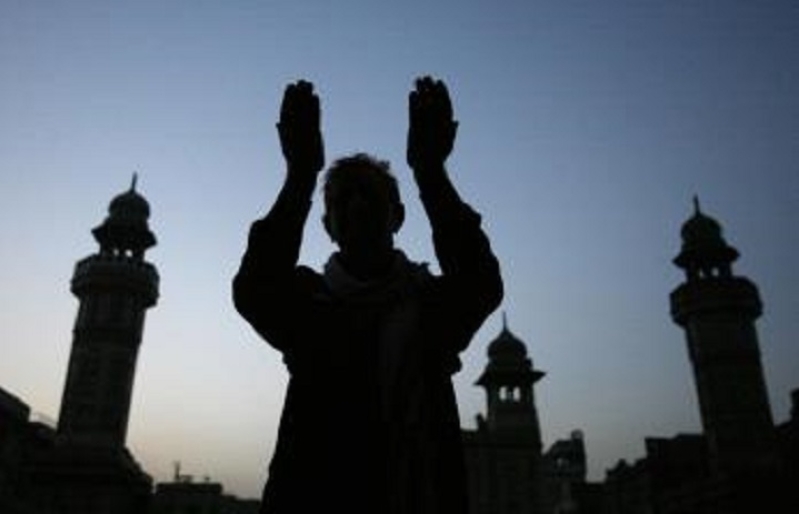
More and more Muslim groups in Nigeria are adapting a form of "charismatic Islam" in the hope of achieving the same success as Pentecostal churches in the country in terms of growth.
Sunday mornings used to be known as a time for Christian churches to meet, but some Muslim groups, who traditionally meet for Friday prayers, have introduced a new practice of gathering every Sunday morning, according to AFP.
One such group is the Nasrul-lahi-li Fathi Society of Nigeria (NASFAT), who said on its website that the Sunday gatherings are meant to "maximise favourably the leisure time that exists amongst Muslims who laze away Sunday mornings."
Ebenezer Obadare, sociology professor at the University of Kansas, told AFP the group practices new ways of praying and sharing their faith that are mimicked from Pentecostal churches.
NASFAT teaches "new modalities of prayer, modes of proselytising, and repertoires of devotion that closely approximate forms normally exclusively associated with Pentecostal Christianity," he said.
And the strategy appears to be working. More and more Muslims are getting attracted to the Sunday gatherings with lively shouts of "Praise Allah" and the energetic preachings similar to those among Pentecostal churches. This has effectively kept many Muslims from being invited to Christian worship services.
The movement, which began in 1995, now has hundreds of thousands of members and has a presence in other countries, such as Canada, England, Germany and the Netherlands.
Nigeria has the largest Christian population in Africa, with half of the country being Christian and comprising the majority in the southern and central states and Muslims making up the majority in the northern states. It is listed number 12 on Open Doors' World Watch List of nations where Christians are most persecuted.
Most of the violence and persecution come from the Islamist group Boko Haram, which NASFAT does not support. NASFAT condemns radicalization and educates Muslims against it, making the movement more appealing.
"We are going against the ones who give Islam a bad name," Abdullahi Gbade Akinbode, NASFAT said chief missionary, told AFP. "We organise summits against radicalisation, against Boko Haram, to educate our people."
In 2016, Open Doors released 'Crushed But Not Defeated,' a report detailing the impact of persecution that Christians in the northern states receive from Boko Haram, Muslim Fulani herdsmen and the "political and religious elite."
"From 2006-2014, between 9,000 and 11,500 Christians have been killed. More than a million have been affected, with many driven from their homes and 13,000 churches have been destroyed or abandoned," the report said.
"Church attendance has more than halved in some of the most violent areas. In others, the Christian presence has almost been extinguished," the report said.
Christian churches in Nigeria need to provide trainings on how to deal with violence and discrimination.
Churches "will have to deal with trauma as a result of continued violent attacks" and "will need to provide leadership and guidance to Christians on how to deal with and respond to the violence."
Still, many Christians have learned to persevere in faith in the midst of attacks. According to interviews conducted for the report, 80 percent of the respondents "face daily the challenge of life and death: they hold on to God, persevere in their faith, live out the Bible, and experience miracles."






